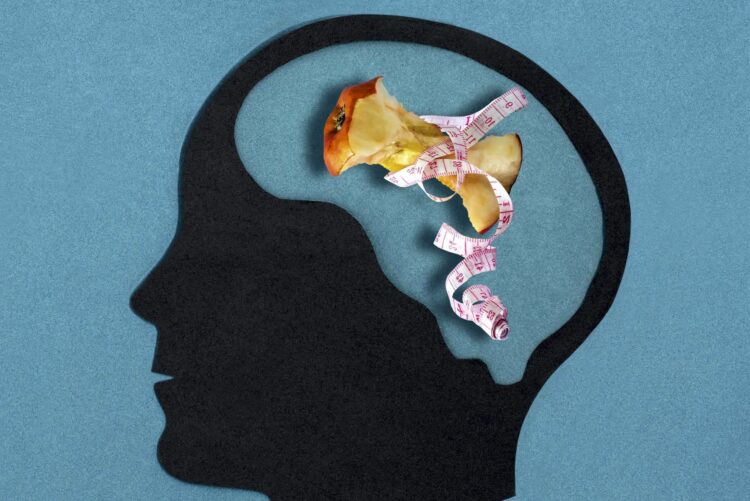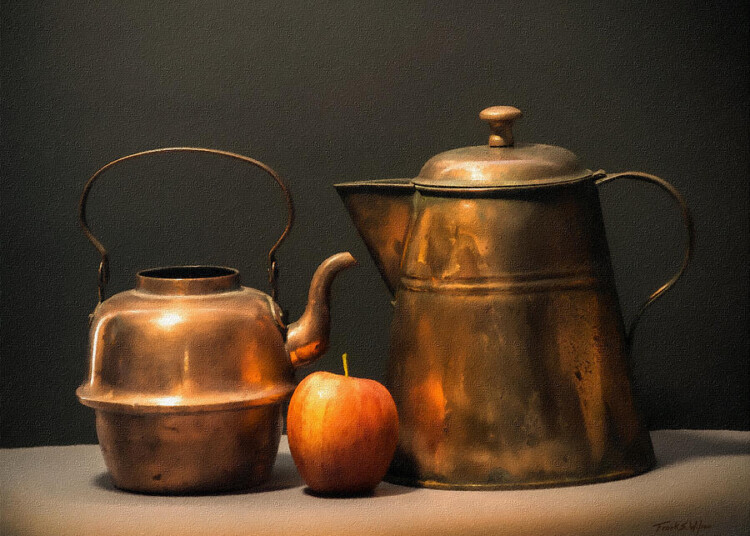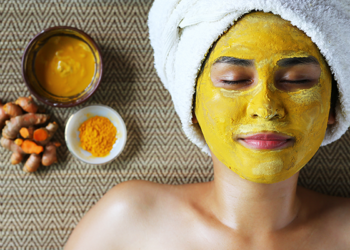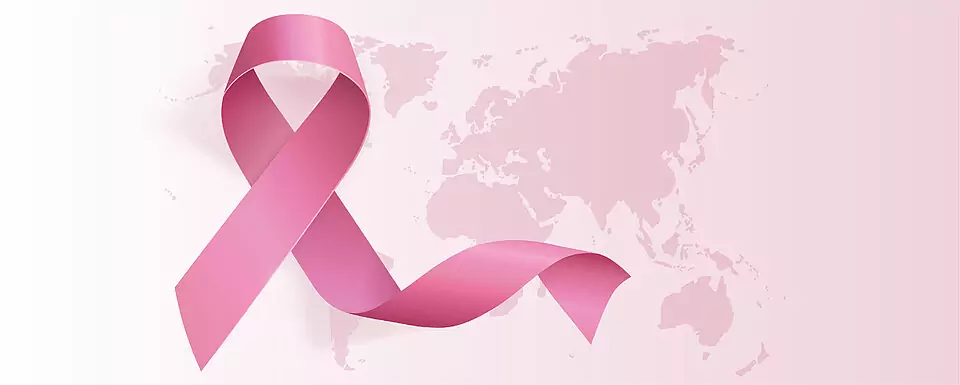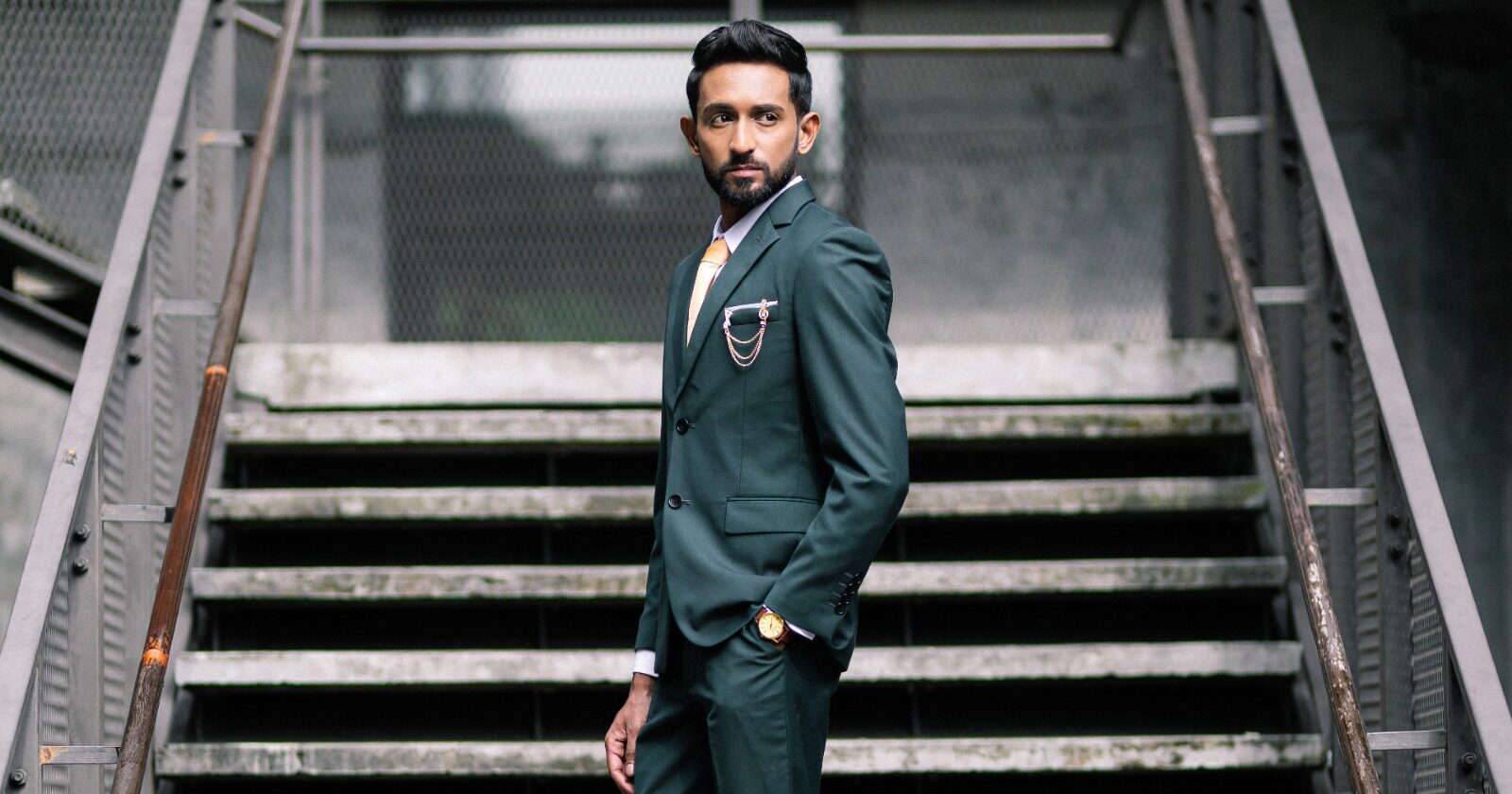Recovering from an eating disorder in the state of our current society; irrespective of where you live in this world is a very tedious and emotionally consuming journey. But it is a worthwhile one for sure. And if you have disordered eating patterns, that almost goes unnoticed. I mean, if people can be oblivious to eating disorders, what more disordered eating.
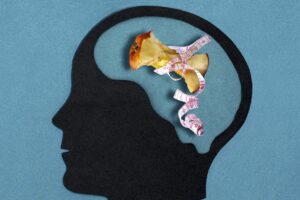
What are the differences you may ask and I am going to briefly explain but there will be another detailed article about this.
Eating disorder VS Disordered Eating
The frequency and severity of the abnormal eating pattern are the primary distinguishing factors between disordered eating and a diagnosable eating disorder. Despite the fact that both disordered eating and eating disorders are abnormal, eating disorders have very specific diagnostic criteria that outline common and severe behaviours.
Many of the participants have troubled or disordered relationships with food, their bodies, and exercise. Counting calories, over-exercising, exercising solely to lose weight, and cringing at the sight of skin folds, thigh dimples, and cellulite are all things that people can do. These are commonplace, and it’s past time to begin normalising bodies of all shapes and sizes.
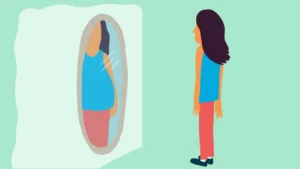
As you can tell, these things are intricate and would require patience to understand. Communicating this to the people around you is essential and inevitable. A wise person told me that the sooner you get comfortable having uncomfortable conversations; with yourself or the people in your environment, the better you get at communicating and of course, it does not feel as overwhelming as it was the first few times. To that I say, let’s get uncomfortable. I have always struggled with what to say to my loved ones; especially while in recovery. Here are 3 things you can say and it really helped me.
Don’t make comments about the food I eat
It is human nature to comment. I mean, some of the greatest life lessons I have learnt did derive from passing “comments”. But the depth of it all comes from your meaning that you decide to add on top of it. But if there is one thing I have educated myself on is the gaslighting surrounding food. For some of us, we may have grown up in families where food is a huge part of the familial culture. However, the language around food wasn’t properly thought of. Hence why in certain situations, people; irrespective of labels have developed full blown eating disorders due to the comments from their surrounding. I am people.

So that’s why it was important for me to communicate my needs as now the relationship I have with food is completely unique to my own requirements. However, it was strenuous at first but now, truly I can say now, practice makes you somewhat “perfect”.
This is what I have said to the people around me and you can too!
Do not make comments about my food. Sometimes I may eat less and there are times I will eat more. I might eat “odd” foods at “odd” hours. Making comments about my food choices makes it really difficult for me.
No thank you, but I don’t want to “eat clean”
The diet culture has profited in BILLIONS and I do not see it reducing. The term clean eating is all over the Internet and here is why it is unhealthy. Clean eating has no official definition, but that hasn’t stopped people from using the term. It appears that concrete guidelines are irrelevant; clean eating isn’t so much about what you eat as it is about how you feel about it. Clean eating, according to its proponents, is a way to feel good because it is based on the assumption that diet has an impact on mental health.

It is usually for the Gram. Don’t get me wrong, I love eating salads but I also love eating fast food and I am not afraid of it. I will admit it isn’t exactly nutritious. But my question is, why does every meal have to be that? We all have so many limiting beliefs surrounding food and for me this was it. I bravely drew this conclusion for myself; that is largely based on the 80/20 rule.
80% of my meal is nutritious to my body and 20% is nutritious for my mind. I swallow my greens like I would with my french fries. Most of the times, its paired together. I have never felt more liberated. From this new habit, I managed to understand that you do not need to have “same” food choices like the people around you. You decide what you want for yourself and communicate that!
I would say, I refrain from categorising food as good or bad. Everything has value and I would like to be my own decision maker.
Generally, this would be a clear indication to your loved ones. And if despite this people encourage you to be on a “diet”, rethink your physical boundaries with them. Do not undermine how interconnected food is with our relationships. It seeps in ways you would never think it could!
Please ask me before talking about my recovery
I am a huge advocate for speaking up about how you feel and of course like I said, uncomfortable and “difficult” conversations are so vital for growth. However, do keep in mind, that you only need to share or talk about your recovery/doubts in a space where you feel safe. A space with attention and of course fuelled with patience. These conversations can have huge impacts on how our emotional psyche feels and to that I say, always check in with yourself. There are times I might want to talk about and times I don’t even want to think about it. Both are valid as it is so intricate and of course not concerning anyone else other than my own well being.

The best thing one can ever do is to ask for permission to have a conversation about this; rather than just springing it up onto a person who is in recovery. Now come to think about it, I believe this could work for a plethora of things! Remember, as basic as this sounds; CONSENT is KEY!
We all have said or made comments before; but that is no excuse to not learn how to communicate better. My hope is for everyone to always check in with themselves; especially when it is regarding eating and food. So many other aspects of life change when the relationship with food is being accounted for.
Sometimes we simply do not know what to say and that is a normal human experience. Because of this, some people have probably said some things that they clearly have no idea how that would affect the people around them. And No, shaming will not help but sharing will. If you share how you feel about that comment, you are raising awareness and this may help not only you but other people around.
To understand the intricacies of one’s relationship with food, fundamentally it has to be a forgiving journey.
But no matter what, rest assured, there is nothing to be afraid of and food is here to fuel us. So take this as a sign and explore yourself and understand why you eat the way you do? Do you have food rules that you will never compromise? A type of food you swore you wont eat?
All of it is valid but may not be the healthiest, physically and of course psychologically too!
If you feel you have an eating disorder, do know that there is no “right” time to heal it. The time is now! You got this!
Follow us on Instagram, Facebook or Telegram for more updates and breaking news.


